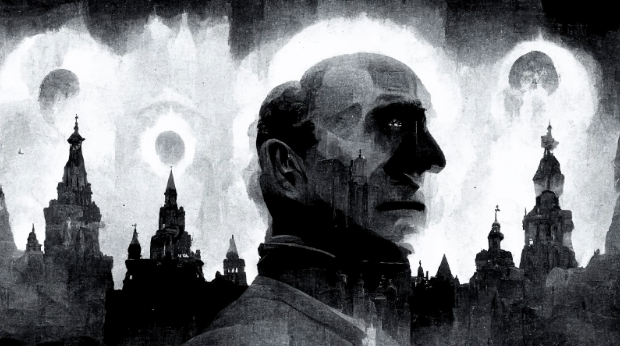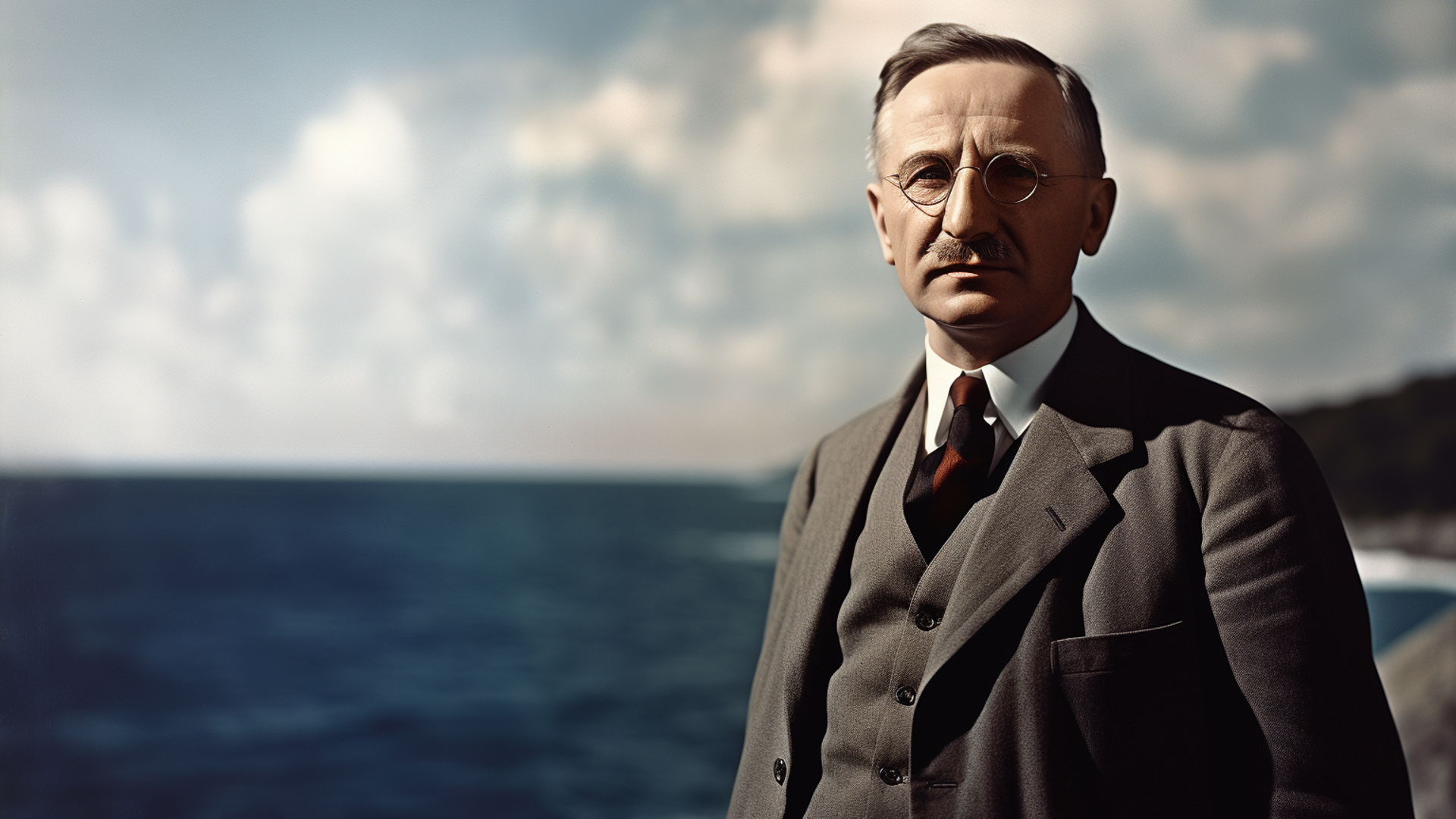Over two years into Vladimir Putin’s brutal invasion of Ukraine, Europe finds itself grappling with profound geopolitical shifts. Indeed, the consequences of Putin’s aggression are reverberating beyond the confines of the conflict zone.
When we consider the present situation in the context of Putin’s original purposes for the invasion — fear of NATO expansion and fighting back against the erosion of Russia’s traditional “sphere of influence” — it is clear that the newly “reelected” dictator’s aggression has backfired massively.
While the expansion of NATO to include Finland and Sweden is a pivotal development, it is just one facet of a broader trend wherein Russian actions have sparked unintended consequences across its near-abroad.
Backfiring on multiple fronts
Since the start of the Russian regime’s full-scale invasion of Ukraine in February 2022, nearby countries have understandably felt increasingly uneasy. In both Finland and Sweden, each with a long history of neutrality, public opinion rapidly shifted from little interest in military alliances to strong majorities in favor of NATO membership.
Wary of a heightened threat in the region posed by a despot of questionable sanity, Finland and Sweden officially entered the NATO military alliance in 2023 and 2024 respectively.
As a result of Finland’s accession, the length of Russia’s land border with NATO member states has increased by 830 miles — more than double its prior length.
The accession of both countries also turns the Baltic Sea into more of a NATO lake, making the position of Russia’s Kaliningrad Oblast exclave more precarious than ever. Moreover, one of NATO’s greatest geographical vulnerabilities, the Suwalki Gap, has become significantly less relevant.
In the three Baltic countries of Estonia, Latvia, and Lithuania, each home to a sizable Russian minority, public opinion has become more wary than ever of the Putin regime — including among citizens of Russian descent.
But the Baltic is far from the only region in which Russia’s geopolitical position and ability to influence has weakened, as a number of neighboring countries are increasingly anxious about becoming the next target of Russian imperial ambition.
These countries are now firmly looking to the West for security and support.
Moldova and Georgia, former Soviet nations once firmly within Russia’s sphere of influence, are now actively pursuing EU membership, signaling a decisive turn away from Moscow’s orbit.
Moreover, Armenia’s recalibration of its military ties, particularly its closer alignment with France, underscores a broader shift towards Western partnerships.
The once-tangible allure of Moscow’s influence has been tarnished by the specter of aggression and instability. The invasion of Ukraine has laid bare the risks of aligning with Russia, prompting many nations to reassess their geopolitical allegiances and seek greater security assurances from Western allies.
The Kremlin’s continued aggressive posture and warnings of countermeasures underscores the escalating tensions and the precarious nature of Russia’s relationships with its neighbors. As countries increasingly pivot towards the West, Moscow finds itself isolated and encircled, grappling with the consequences of its own aggressive policies.
Conclusion
Putin’s aggression in Ukraine has backfired in myriad ways, with the expansion of NATO into Finland and Sweden serving as just one manifestation of the broader fallout. From the erosion of trust and public opinion to the escalating tensions and anxieties across the region, The Russian regime’s actions have created a seismic shift in Europe’s geopolitical landscape. As Moldova, Georgia, and others look towards the West for security and stability, it is evident that the consequences of Putin’s aggression will continue to reverberate for years to come, underscoring the inherent risks of pursuing power and geopolitical influence through force and coercion.
LibertyCon Europe
If you’re interested in learning more about a classical liberal perspective on the Russo-Ukrainian War, join us at LibertyCon Europe April 19-21st. The following sessions will speak to this topic:
Ukraine Fighting for Our Freedom
Importance of Memory Politics in Fighting Disinformation
Future of Liberty in Europe
Fighting Against Russian Authoritarianism
This piece solely expresses the opinion of the author and not necessarily the organization as a whole. Students For Liberty is committed to facilitating a broad dialogue for liberty, representing a variety of opinions.









